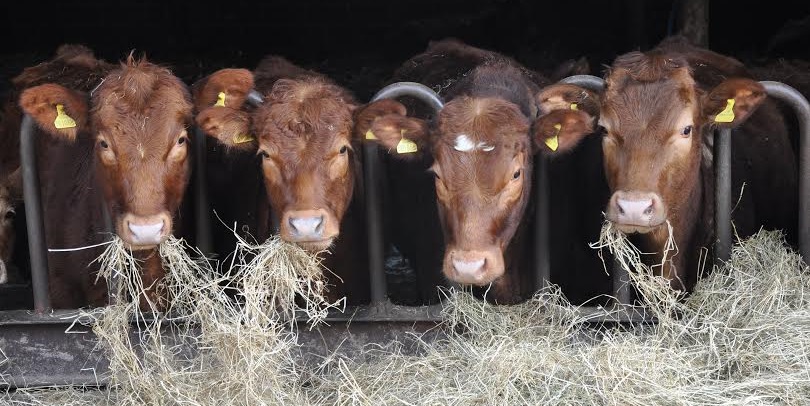
The retention of BVD positive animals is a 'major stumbling block' in the progress of eradicating the disease in Northern Ireland.
The comments by the Ulster Farmers’ Union (UFU) were made following the analysis of recent Bovine Viral Diarrhoea (BVD) programme figures.
These show that at the start of November 2019, 427 BVD positive animals in 283 herds had been retained on-farm for more than five weeks since receiving a positive result.
BVD is a highly contagious viral disease of cattle, it is one of the biggest disease issues facing the UK cattle industry.
UFU deputy president, David Brown said Northern Irish farmers should be commended for helping the industry move closer to achieving the goal of eradicating BVD in as figures have dropped significantly.
“However, a small but crucial number of farmers are continuing to keep animals that have tested BVD positive on their farm,” Mr Brown said.
“This not only puts the health of their entire herd and farm business at risk, but they are also giving the disease a chance to spread.”
The union has urged farmers who have tested cattle and discovered one or more BVD positive animals to remove them as soon as possible.
Mr Brown added: “This will help minimise losses and prevent the disease from spreading.
“We would also like to see the retention of positive animals brought in as a non-conformance within the NI Farm Quality Assured Scheme at the earliest opportunity to encourage a speedy removal.
“Eradicating BVD in Northern Ireland is within our reach but we need everyone committed to achieve it,” he said.
